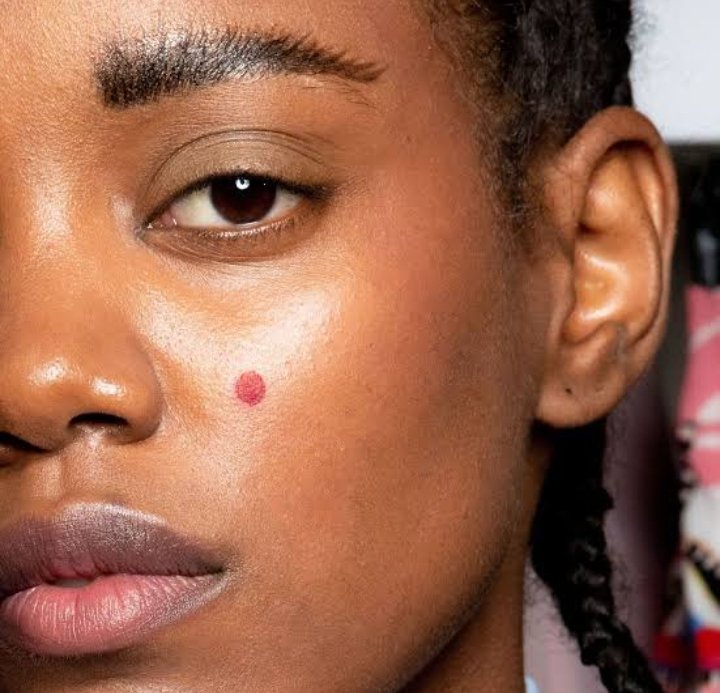Dealing with facial pimples can be frustrating and challenging. While it’s important to address these breakouts, it’s equally crucial to prevent the formation of dark spots or hyperpigmentation that can occur after the pimples heal. Luckily, there are several effective ways to clear facial pimples without leaving behind unsightly dark spots on the face. In this article, we will explore these methods and provide actionable tips for achieving clear and blemish free skin.
1. Avoid picking or popping pimples:
One of the most crucial steps in preventing dark spots is to resist the urge to pick or pop your pimples. Picking at a pimple can introduce bacteria and cause trauma to the skin, leading to increased inflammation and a higher chance of scarring or hyperpigmentation. Instead, let the pimple come to its natural maturation and allow it to heal on its own.
2. Cleanse your face with a gentle cleanser:
Maintaining proper facial hygiene is vital for preventing pimples and minimizing the risk of dark spots. Use a gentle cleanser suitable for your skin type to cleanse your face twice a day. This will help remove dirt, oil, and impurities that can clog the pores and contribute to pimple formation.
3. Use products with acne-fighting ingredients:
Incorporate products that contain acne-fighting ingredients into your skincare routine. Ingredients such as salicylic acid, benzoyl peroxide, or tea tree oil can help to reduce inflammation, unclog pores, and prevent future breakouts. However, be mindful of using these products in moderation as excessive use can lead to dryness and irritation.
4. Apply a spot treatment:
When you notice a pimple forming, applying a spot treatment can help speed up the healing process and prevent dark spots. Look for spot treatments that contain ingredients such as sulfur, resorcinol, or retinol, which can help reduce inflammation and promote faster healing. Apply the spot treatment directly to the affected area before bed and leave it overnight.
5. Keep your skin moisturized:
Keeping your skin properly moisturized is essential, even if you have acne-prone skin. Look for oil-free, non-comedogenic moisturizers that won’t clog your pores. Moisturizing the skin helps to maintain its barrier function, preventing dryness and reducing the chances of post acne dark spots.
6. Protect your skin from the sun:
Sun exposure can worsen hyperpigmentation and make dark spots more pronounced. To protect your skin, apply a broad-spectrum sunscreen with at least SPF 30 every morning before heading outside. Additionally, wear protective clothing, such as hats and sunglasses, and seek shade during peak sunlight hours.
7. Incorporate exfoliation into your routine:
Regular exfoliation can help remove dead skin cells and unclog pores, preventing the formation of pimples and dark spots. However, it’s important to choose gentle exfoliators to avoid causing further irritation. Consider incorporating chemical exfoliants, such as alpha-hydroxy acids (AHAs) or beta-hydroxy acids (BHAs), into your skincare routine. Start with a low concentration and gradually increase as needed.
8. Maintain a healthy diet and lifestyle:
A healthy diet and lifestyle can greatly contribute to the overall health and appearance of your skin. Incorporate a balanced diet rich in fruits, vegetables, whole grains, and lean proteins to provide your skin with essential nutrients. Drink plenty of water to stay hydrated, reduce stress levels, get enough sleep, and avoid excessive consumption of sugary or greasy foods.
9. Seek professional help if needed:
If you’ve tried various home remedies and over-the-counter products but still struggle with persistent pimples and dark spots, it may be beneficial to consult a dermatologist. They can assess your skin, provide personalized recommendations, and offer professional treatments, such as chemical peels or laser therapy, to effectively tackle acne and dark spots



